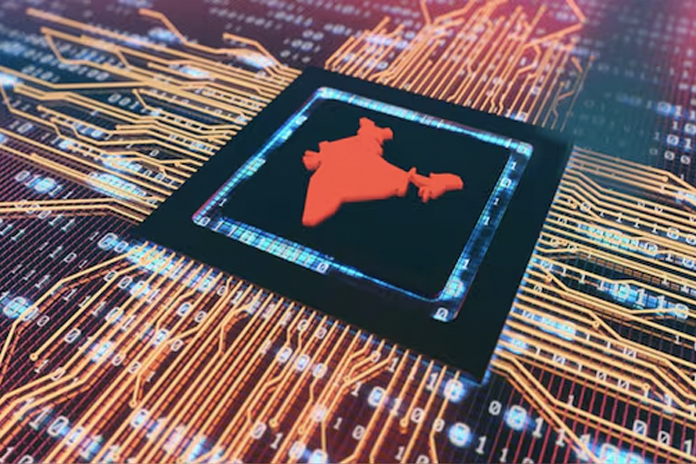India is making significant strides in its effort to establish the Global Partnership on Artificial Intelligence (GPAI) as the leading authority on all matters related to AI, including regulations and the development of a global framework.
Major countries such as the US, France, Canada, the UK, Japan, Korea, Brazil, and Argentina have agreed on this initiative, with a ministerial sign-off and final negotiations set for July 3, according to government insiders. A formal announcement is expected soon after.
India’s current chairmanship of GPAI reflects its commitment to responsible AI development and use. By expanding GPAI to include more countries, especially from the Global South, India aims to strengthen the alliance’s influence on global AI policymaking.
This expansion aligns with India’s vision of a more inclusive and participatory global AI governance structure.
Union Electronics and Information Technology Minister Ashwini Vaishnaw highlighted in December that New Delhi is actively negotiating with the 29 member countries of GPAI to reach a consensus on a declaration statement concerning the proper use of AI, establishing guardrails for the technology, and determining its treatment.
He noted a global convergence in thinking about AI, acknowledging its potential benefits and the importance of managing its dangers.
The Ministry of Electronics and Information Technology (MeitY) has been engaged in intense negotiations over the past six months, focusing on including OECD nations in GPAI and increasing the Global South’s partnership in AI regulation.
Key issues under discussion include AI collaboration across governments, establishing common standards, compute capacity, and regulatory frameworks.
Originally, GPAI started with 15 member nations and has since expanded to 29. India’s proposal aims to further expand this body to include nearly 44 countries by early next year, with plans to reach 65 countries by February.
This expansion seeks to address the current dominance of European Union nations and the limited presence of developing countries, particularly from the Global South.
The effort to consolidate various AI-related bodies under the GPAI umbrella aims to create a central and more robust organization, thereby avoiding duplication of efforts. In December, the 29 GPAI member nations unanimously adopted the New Delhi resolution, which committed to positioning GPAI at the forefront of shaping AI’s future. This resolution emphasized innovation and collaborative AI applications in sectors such as healthcare and agriculture.
GPAI members also agreed that the group would lead global discussions on AI governance, ensuring the technology remains safe and trusted. This collective agreement underscores the importance of GPAI’s role in the future of AI governance and innovation.










